Germans out to rewrite previous stories
With Manuel Neuer in the sticks and Jamal Musiala creating, Hansi Flick will attempt to guide Germany to a fifth world title at Qatar 2022.
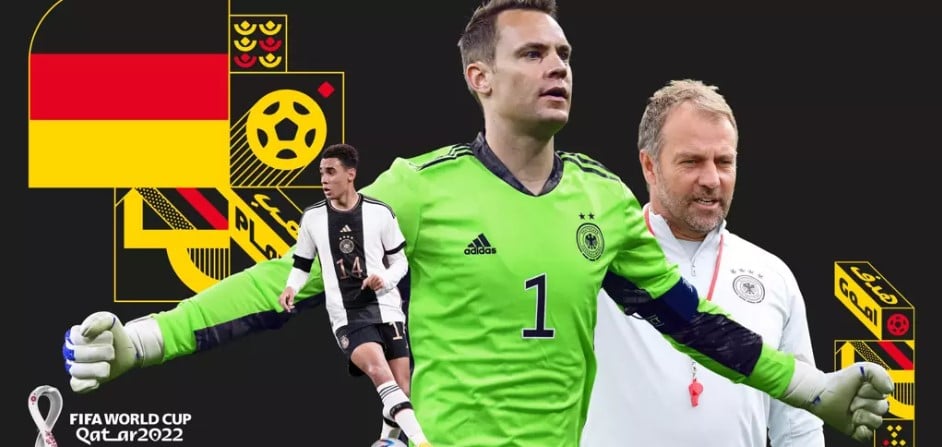
You must be 11 friends.”
This is what Sepp Herberger told the German national team ahead of the 1954 FIFA World Cup™ final against Hungary in Switzerland. Now a well-known saying in Germany, it could scarcely be more descriptive of the team’s achievements, and strikes at the very heart of German football: team spirit, fighting spirit and togetherness have characterised generations of players who have been extraordinarily successful in major competitions. The flip side of that coin, however, is that if the sense of harmony and atmosphere within the team is not right, things can become difficult. Russia 2018 was a case in point: struggling with national pressure and their own expectations, Germany produced their worst-ever World Cup performance and were eliminated at the group stage. The team’s quality, as well as their difficulties in finishing and maintaining their mentality throughout the 90 minutes was evident during Qatar 2022 qualifying and in the UEFA Nations League. That makes it all the more exciting to see whether Germany will transition into a tournament team – as is customary – or whether they will fail to live up to their own expectations.
Germany’s Group E games
Germany–Japan 23 November, 16.00 local time
Spain–Germany 27 November, 22.00 local time
Costa Rica–Germany 1 December, 22.00 local time
Hansi Flick’s approach and tactics
In August 2021 Hansi Flick took over the reins from his former boss Joachim Low, who stepped down after 15 years in charge. The side’s 1thh coach overall, Flick has stayed true to the German football’s characteristics incorporating possession-based football and an eye-catching style, all while adding his own personal touch that fans admired during his time at the helm of Bayern Munich. Germany’s game is still all about possession and control, while Flick places particular value on flexibility in all positions in order to put the opposition under pressure as early as possible. As such it will be crucial that players help out in all areas so that they can nip any opposition counter-attacks in the bud. Furthermore, Flick and his team will need to work on improving the precision of their final ball and their finishing if they are to achieve the minimum objective of reaching the semi-finals.
Key player: Manuel Neuer
Whenever Manuel Neuer is talked about it is usually in relation to the way his playing style has revolutionised the game: positioning himself close behind the centre-backs and helping build play from the back, and not just sweeping up behind the defence. Now 36, he is still widely considered to be one of the best goalkeepers in the world and he has won every title it is possible to win in football. As such, less should be said about his role as a sweeper-keeper and more about his qualities as captain: his openness, consistency and communication skills on and off the pitch truly set him apart. Neuer has been team captain since 2016 and will play a decisive role in ensuring harmony within the squad at the World Cup.
One to watch: Jamal Musiala
Jamal Musiala is the jewel in the crown of German football. The 19-year-old was born in Germany but grew up for the most part in England, which is why he represented both countries at youth level before being faced with an important decision: who to play for at senior level? Both nations courted the then 17-year-old, who, much to Germany’s joy and England’s despair, chose the country of his birth. That is not the only reason why he is so popular among fans and the German Football Association; his humble manner, determination and footballing qualities are equally compelling. Musiala can play virtually anywhere on the pitch, even if he is most comfortable in attacking midfield, and despite his youth he is already a vital member of Flick’s team. “The way he plays football with such light feet and in such a relaxed manner is great and I hope that will continue for a long time,” the coach told FIFA. “He finds good solutions when he’s under pressure and is very positive for the team. He can get past opponents and make life difficult for them, while at the same time creating space for us with his solid defending. I'm happy that he’s developed in this way and I hope he will continue on this path and not rest on his laurels but keep improving.”
Germany’s World Cup record
Germany’s relationship with the World Cup is one of a few lows but even higher highs, bringing out intense emotions for everyone involved. After Brazil, Germany are the most successful country in the competition’s history, having won the title four times in 1954, 1974, 1990 and 2014, as well as finishing as runners-up on four occasions (1966, 1982, 1986, 2002) and ending in third place three times. It is therefore not surprising that some of the most successful strikers in World Cup history are from Germany: Miroslav Klose (16 goals) and Gerd Muller (13) both achieved legend status with their World Cup performance.


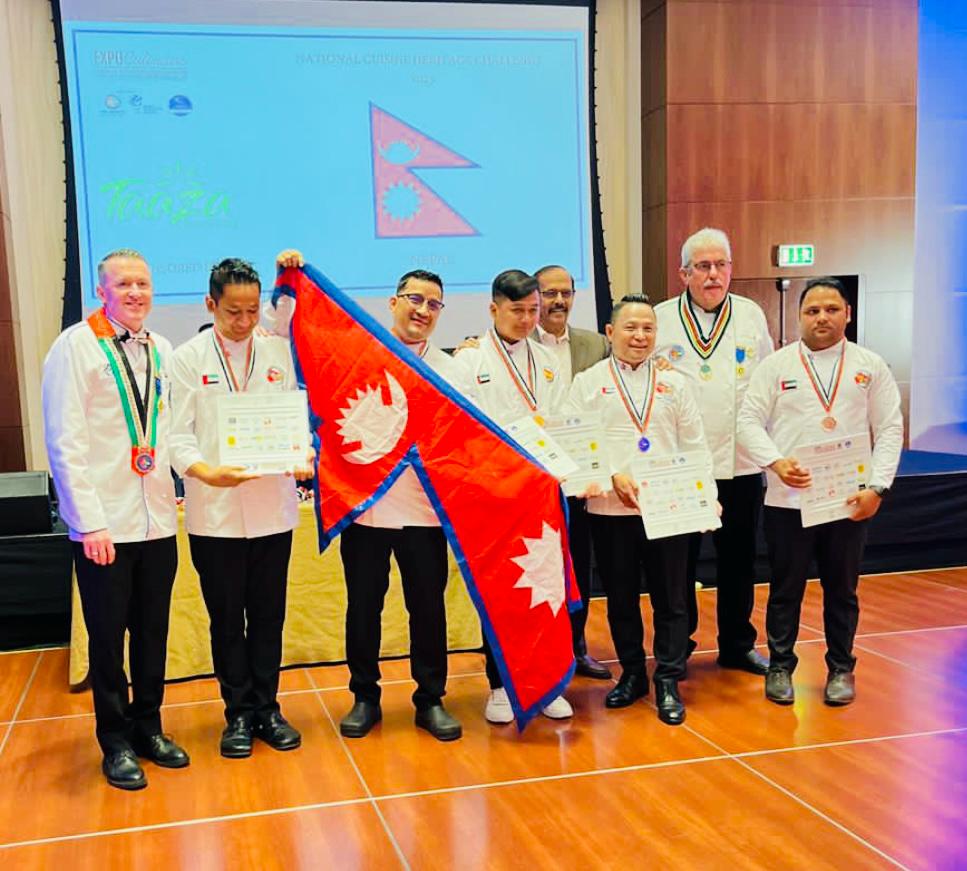
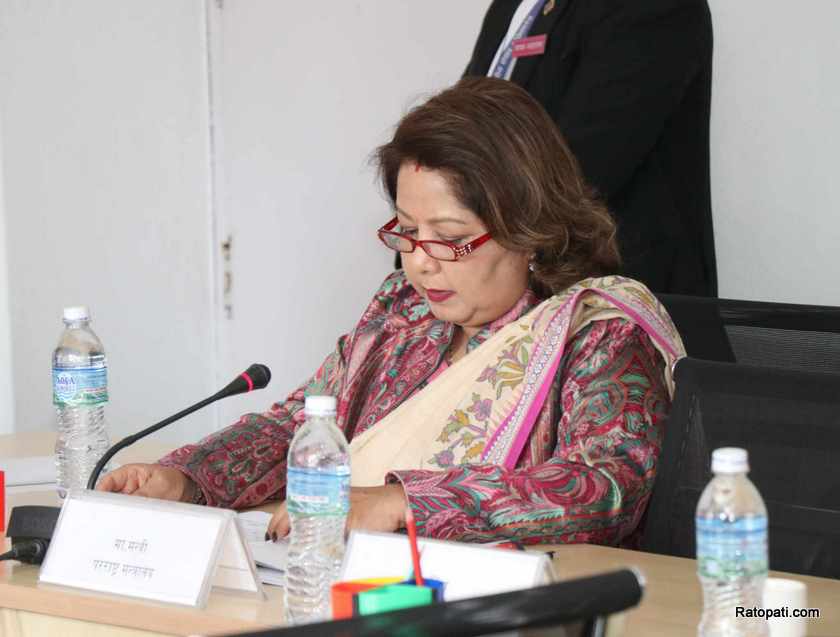


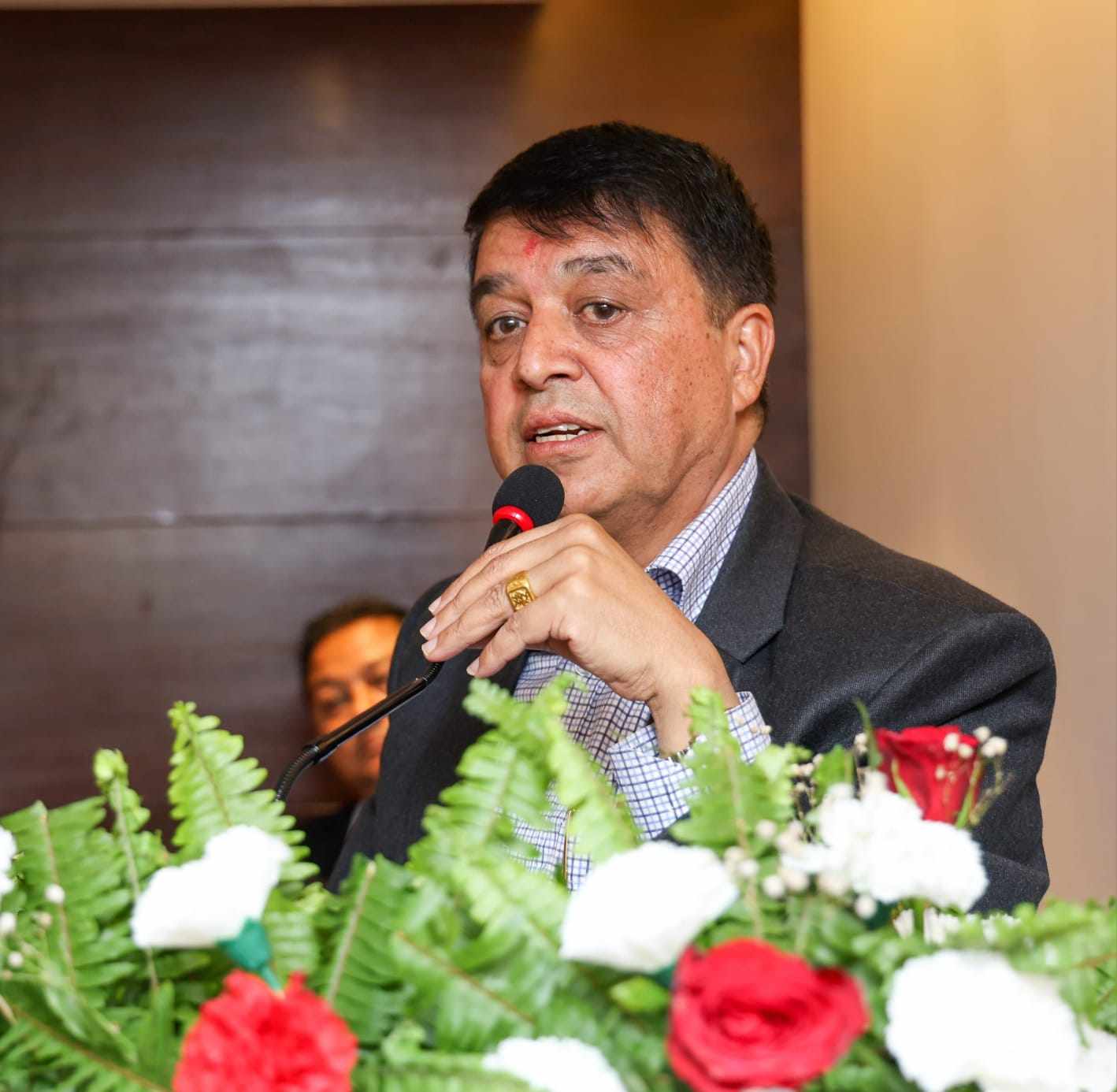


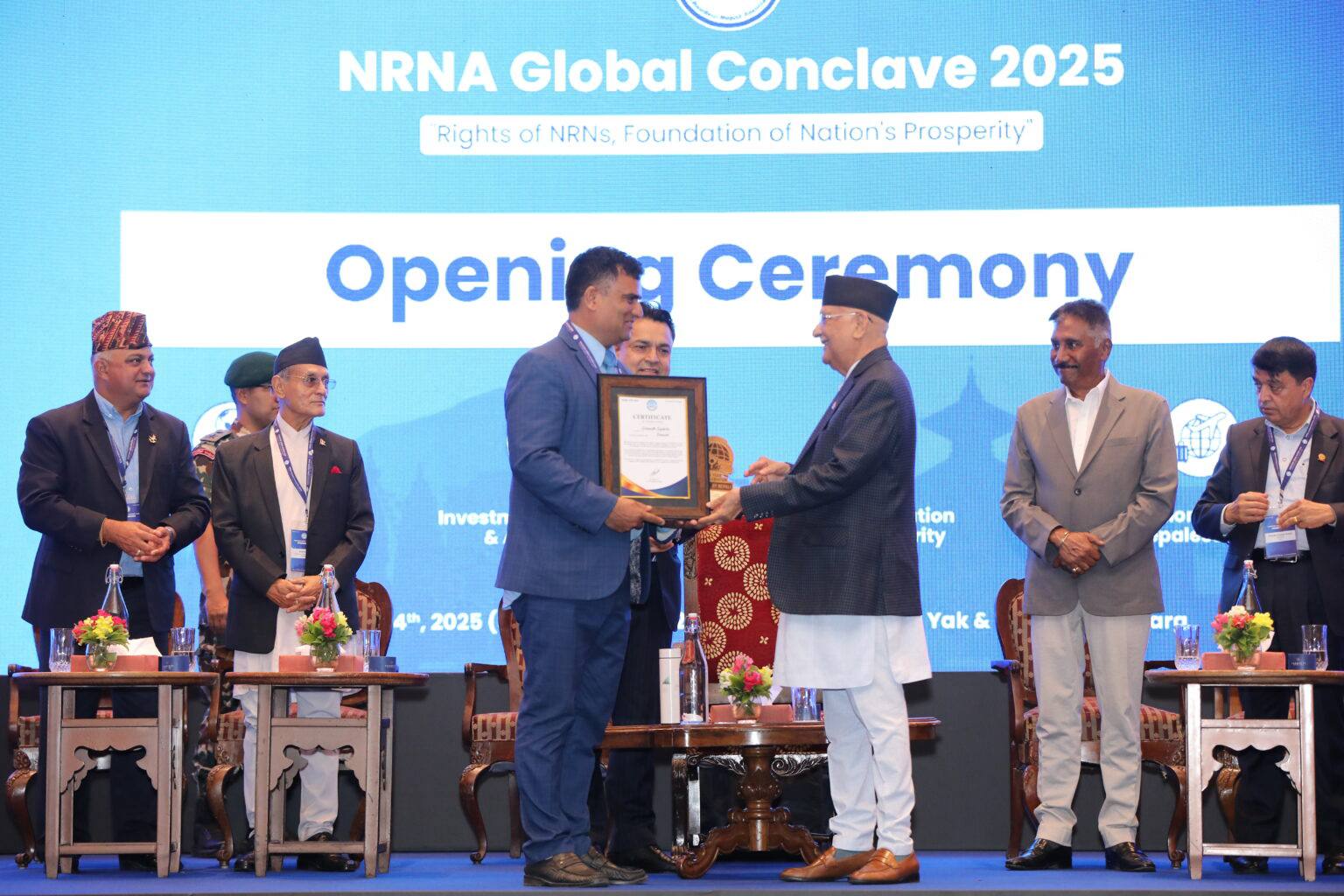
Leave Comment